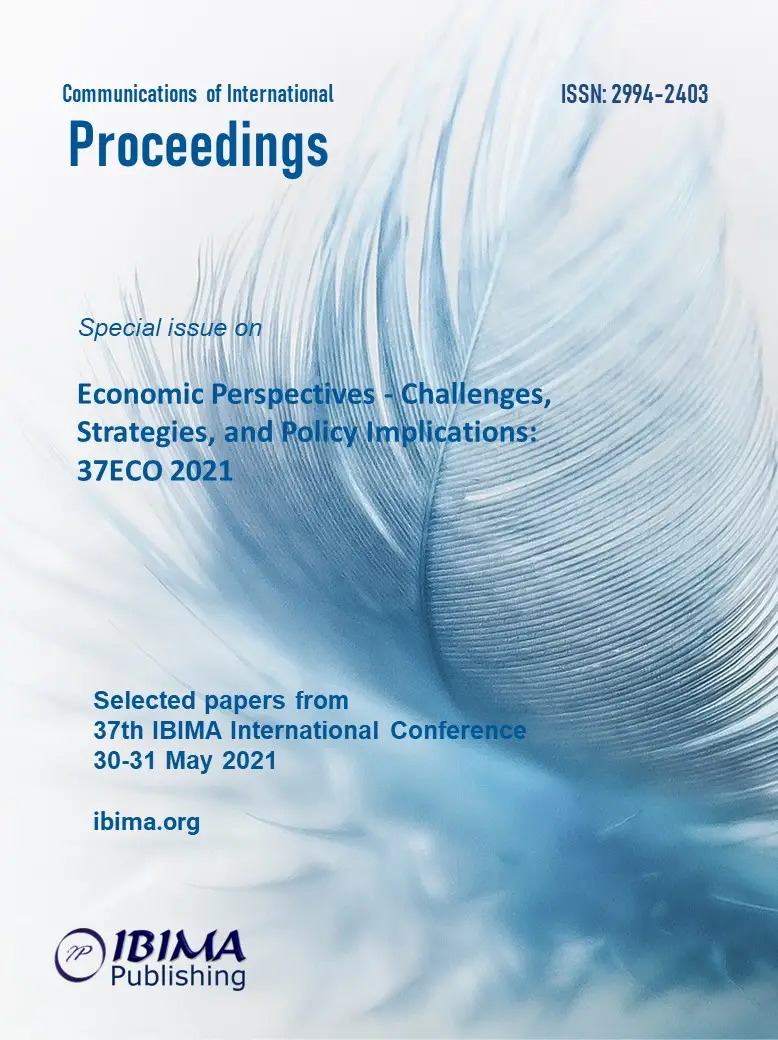
1Paulina GAJEWSKA, 2Patrycja KABIESZ, 1Irena SZEWCZYK and 3Damian SZYMANEK
1University of Bielsko-Biała, Poland
2Politechnika Śląska, Poland
3Wyższa Szkoła Ekonomiczno – Humanistyczna, Poland

The title mentioned above may seem a little trivial, but it hides a problem considered to be crucial. This problem concerns entire societies, not only an individual person, or a group of people. With no doubts KBE (Knowledge – based economy) gives us a lot of positive results, but there are also some negative consequences of this phenomenon. The permanent process of transition from the industrial economy to the knowledge – based economy, from the industrial to the information society is the issue. As clearly visible, also in Poland, such transition does not proceed in a gentle way. Not everyone has the abilities and opportunities to make their knowledge much better. On the other hand, there are people, who want to study, not for pure knowledge but to acquire a diploma of higher education, making the unemployment level of people with higher education growing much higher. Therefore, another problem of a contemporary knowledge must be faced, that is its … MC Donaldization (McDonald’s is one of the most influential developments in 20th century America. George Ritzer’s book entitled “McDonaldization of Society” thesis argued that contemporary life is succumbing to the standardization, flexibility and practicability of fast-food service. Ritzer outlines five dominant themes within this McDonaldization process: Efficiency, Calculability, Predictability, Increased Control, and the Replacement of Human by Non-human Technology) (Ritzer 2011).